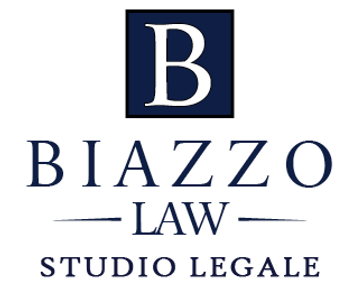Top Benefits of Having a Revocable Trust
- corey7565
- Jul 17
- 3 min read

There are many benefits to having a Trust including the following reasons:
Avoids Probate
Assets held in a trust generally bypass probate court after death. This will save heirs money and time. This also speeds up the distribution process and keeps affairs private and not in public court filings.
Flexible and Easy to Revise
A Trustor can amend or revoke a trust at any time. Trustors retain control over all assets while they are living and not incapacitated.
Protects Your Assets During Incapacity
If a trustor become incapacitated, their trustee that succeeds them when they are incapacitated can manage their assets immediately and the trustor would resume control after regaining capacity.
Privacy
Unlike wills, which become public records, trusts are private instruments. A trustors assets, beneficiaries and distributions of such assets won’t be disclosed in court filings. The standard vehicle of entry of assets into a trust is a pour-over will that transfers all assets to a trust. Pour-over wills tend to be fairly vague with details contained in a trust.
Supports Complex Family Situations
A trust allows customized control over how and when assets are distributed. This helps facilitate stream lined distributions for unique familial situations.
Protects Beneficiaries (After Trustor’s death)
A trust can be drafted to include spendthrift provisions that protect their heirs from their creditors or poor financial decisions. However, a revocable trust generally will not protect a trustor’s assets from creditors while they are alive.
Streamlined Asset Management
With the ability to designate a Trustee for the benefit of a trust on accounts, real property and titles, a trust can consolidate several accounts and properties into a single plan. Then a trustee can efficiently manage investments, taxes and distributions.
Helps with Business Succession Planning
Business interests can be placed in a trust and a trustee can be named to manage or transfer the business interests according to a trustor’s succession plan.
Simpler Management of Assets Located in Multiple States
Real estate and accounts in other states could potentially trigger multiple probate cases in multiple jurisdictions that could necessitate hiring multiple lawyers.
Do you need of estate planning, a power of attorney, or needs assistance with another legal matter? We’re here to help. Quick turnarounds and no surprises.
Contact Biazzo Law today at (703) 297-5777 or alyssa@biazzolaw.com to schedule a consultation today. www.biazzolaw.com
** Information in this newsletter email should not be considered legal advice, nor does it form an attorney-client relationship
What is estate planning? do I need a will or trust? difference between will and trust, what does an estate planning attorney do? estate planning checklist, estate planning documents everyone should have, what happens if I die without a will? how to plan my estate, best way to avoid probate, is a will enough for estate planning? how to transfer property without probate? what is a revocable trust? remote estate planning attorney, estate planning for blended families, estate planning for aging parents, estate planning for retirees, estate planning after divorce, estate planning after having a baby, pros and cons of revocable trusts, do I need a revocable trust?, joint revocable trust, revocable trust explained, does a revocable trust avoid probate? does a revocable trust protect assets? revocable trust for seniors, revocable trust for parents, revocable trust for single person, revocable trust for blended family



Comments